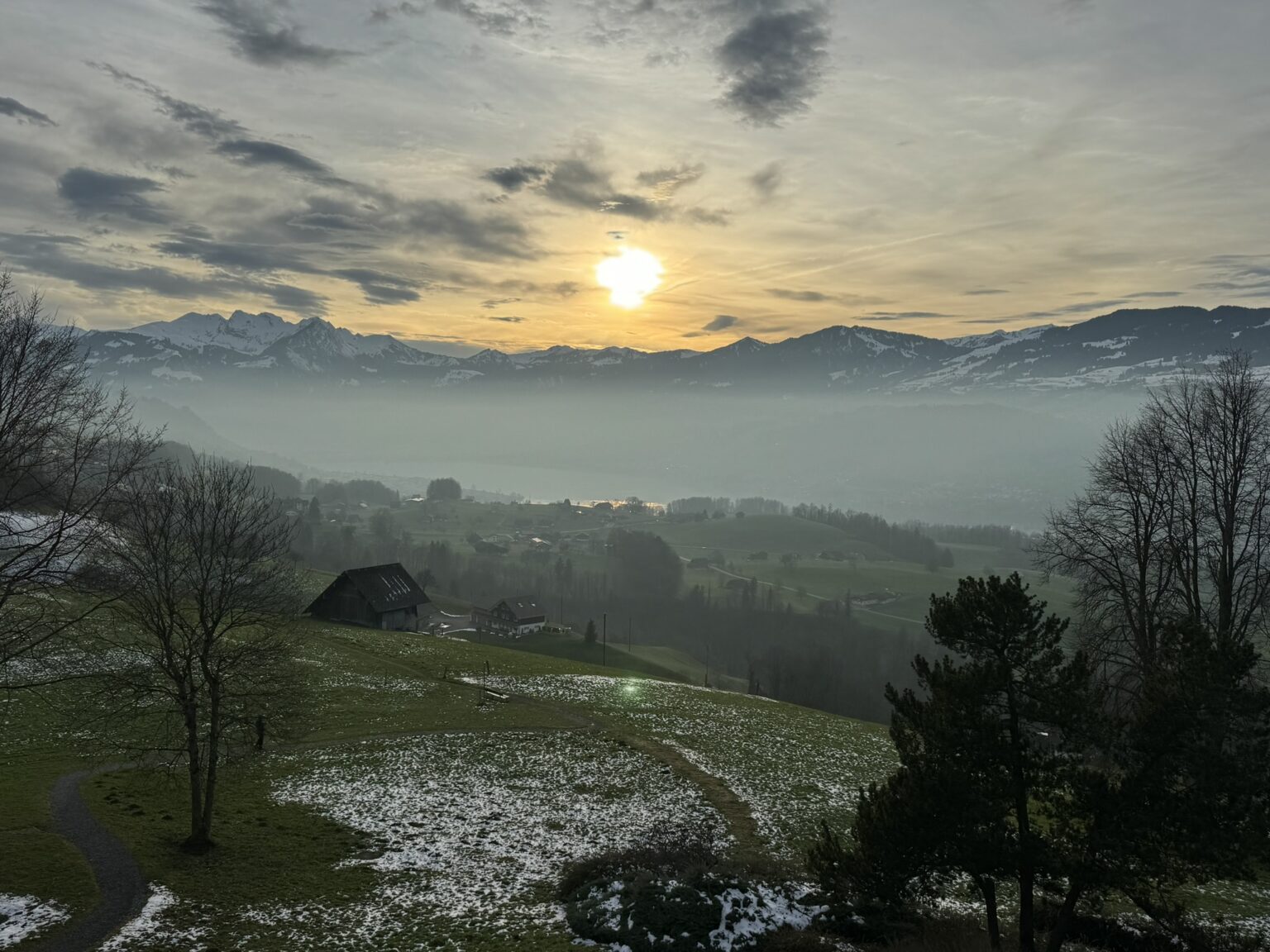

The Passion of Christ, like innocent suffering everywhere, suggests how wonderfully and tragically we are interwoven as human beings. It is a very crude and often cruel understanding of karma to say that when bad things happen it’s a result of our own actions. There is such a thing as chance and, although everything except Being itself has a cause, causes can be random. It’s not all about bad luck, however, there is the power of darkness arising from the action of a deluded individual, such as a global tyrant, which affects the world and whose effects last for generations.
By darkness I am thinking of ignorance, unenlightened consciousness and the incapacity to feel the feelings of others. Think of the ripple effect of the Holocaust or the pain and resentment of the Palestinian children in Gaza today or an incident of child abuse in an ordinary family that takes decades to be exposed. The interdependence of human beings is so astonishingly infinite in its nature that nothing except the principle of unity can explain it or cure us when we have been wounded by chance or darkness itself.
Yesterday I asked about the meaning of the idea that the world is illusory. It would be insulting to dismiss the suffering of a child or a torture victim as illusory and just say ‘meditate your way into oneness and everything will be alright.’ When you feel pain, it is very real and justice demands an immediate compassionate response from any human person, stranger or friend, who can offer it. The victim – it is not demeaning to be called a ‘victim’ of an earthquake or a war – has been hurt through no fault of their own and is innocent.
Innocence is the true essence of human nature and indeed of creation itself. It is what it is. When we see that the pain was inflicted through the cruelty of another person who could not understand what they were doing because they themselves were incapacitated by ignorance, we encounter the cosmic power of innocence, the goodness of creation. Even ignorance is an affliction with its own hidden causes. Jesus on the Cross asked the Father to forgive his murderers because ‘they do not know what they are doing’. He was invoking the power of truth to dispel the illusory nature of ignorance. The whole gospel is present in this, his last act on earth.
The unreal nature of the world we make up as a result of ignorance, pain and fear is tough, mean and tenacious. Rational argument rarely even dents it. All you can do is shoot down the drones it sends to attack the innocent before they do harm. We are trapped in our own crossfire: violence is the product of ignorance and history is its video loop.
Recall a time when you were locked in conflict from which there seemed no escape. Was there a moment when you or another softened and said, I’m sorry, or let’s talk or let’s start again? One word or a look is enough because love is the sole reality. Compassion, humour or forgiveness releases it from the prison of fear which is the breeding ground of the virus of illusion. Ignorance lifts like the mist. All its complicated constructs melt into air. A new world is born. At the end of his last play Shakespeare, who practiced illusion to reveal truth, understood that seeing the illusory nature of things is the reason to be cheerful:
Be cheerful, sir. / Our revels now are ended. These our actors,/ As I foretold you, were all spirits, and/Are melted into air, into thin air./ And, like the baseless fabric of this vision,/ The cloud-capp'd towers, the gorgeous palaces,/ The solemn temples, the great globe itself, /Yea, all which it shall inherit, shall dissolve.

Laurence Freeman
Copyright © 2025. The World Community for Christian Meditation (WCCM) Hong Kong, All Rights Reserved